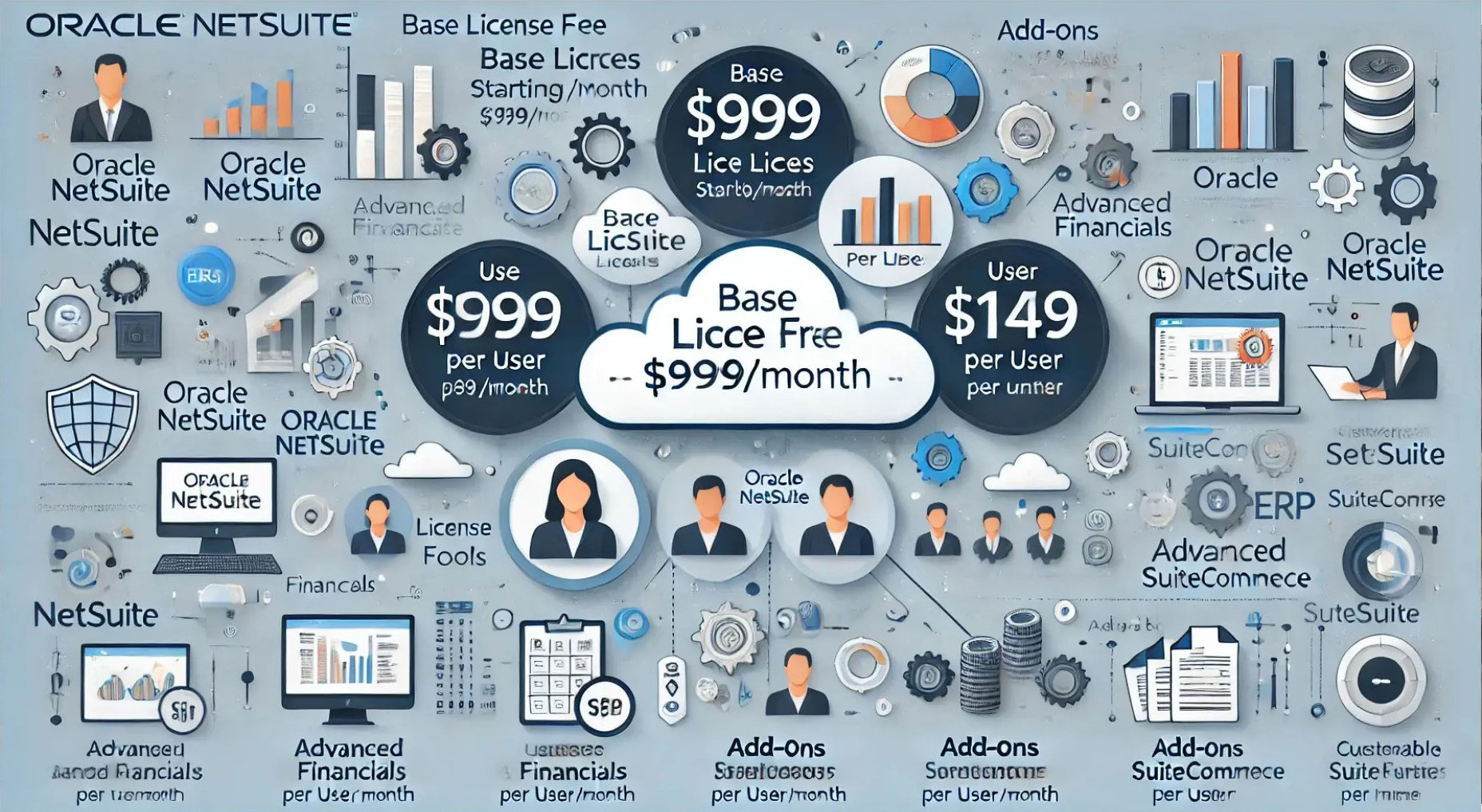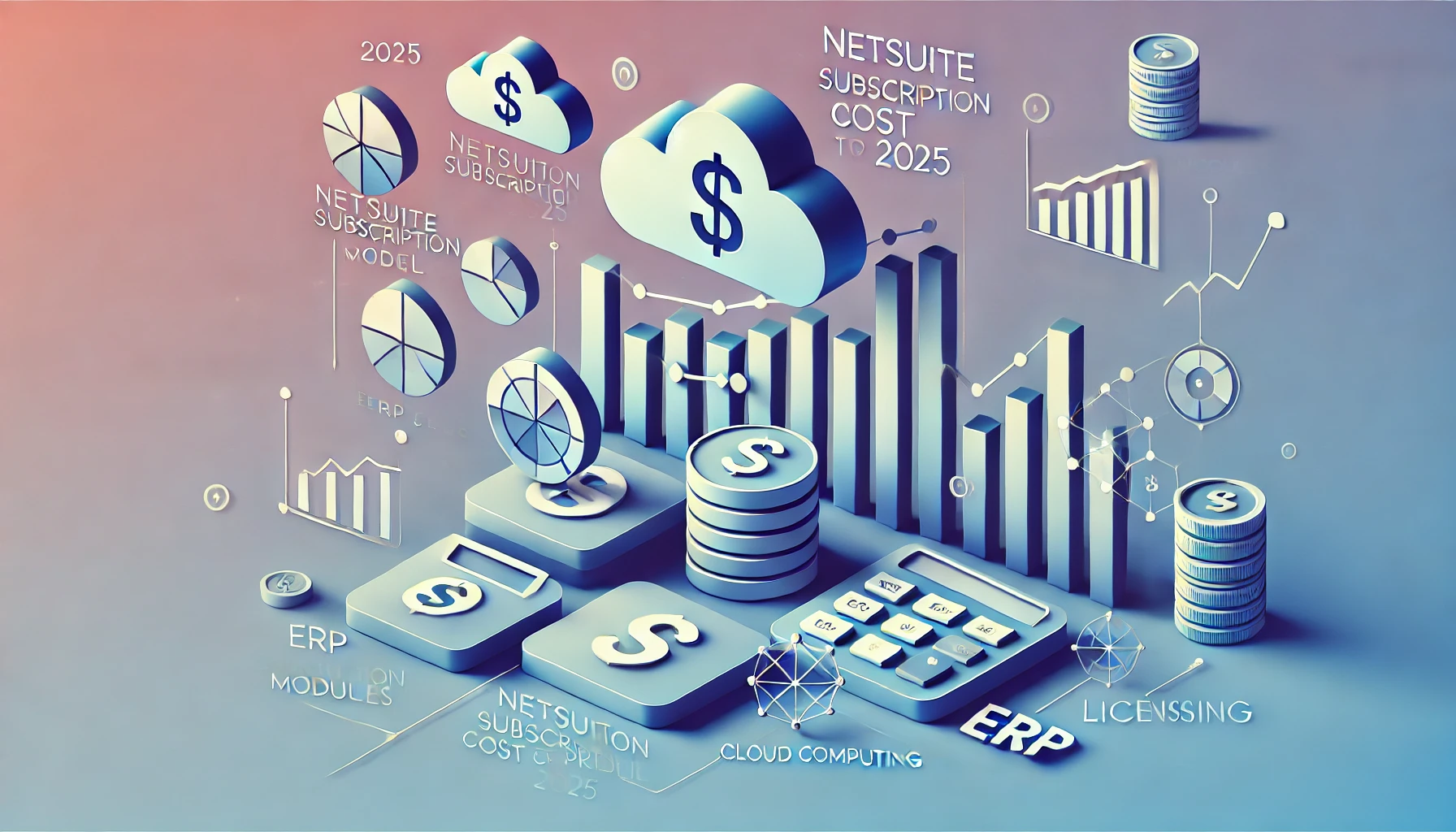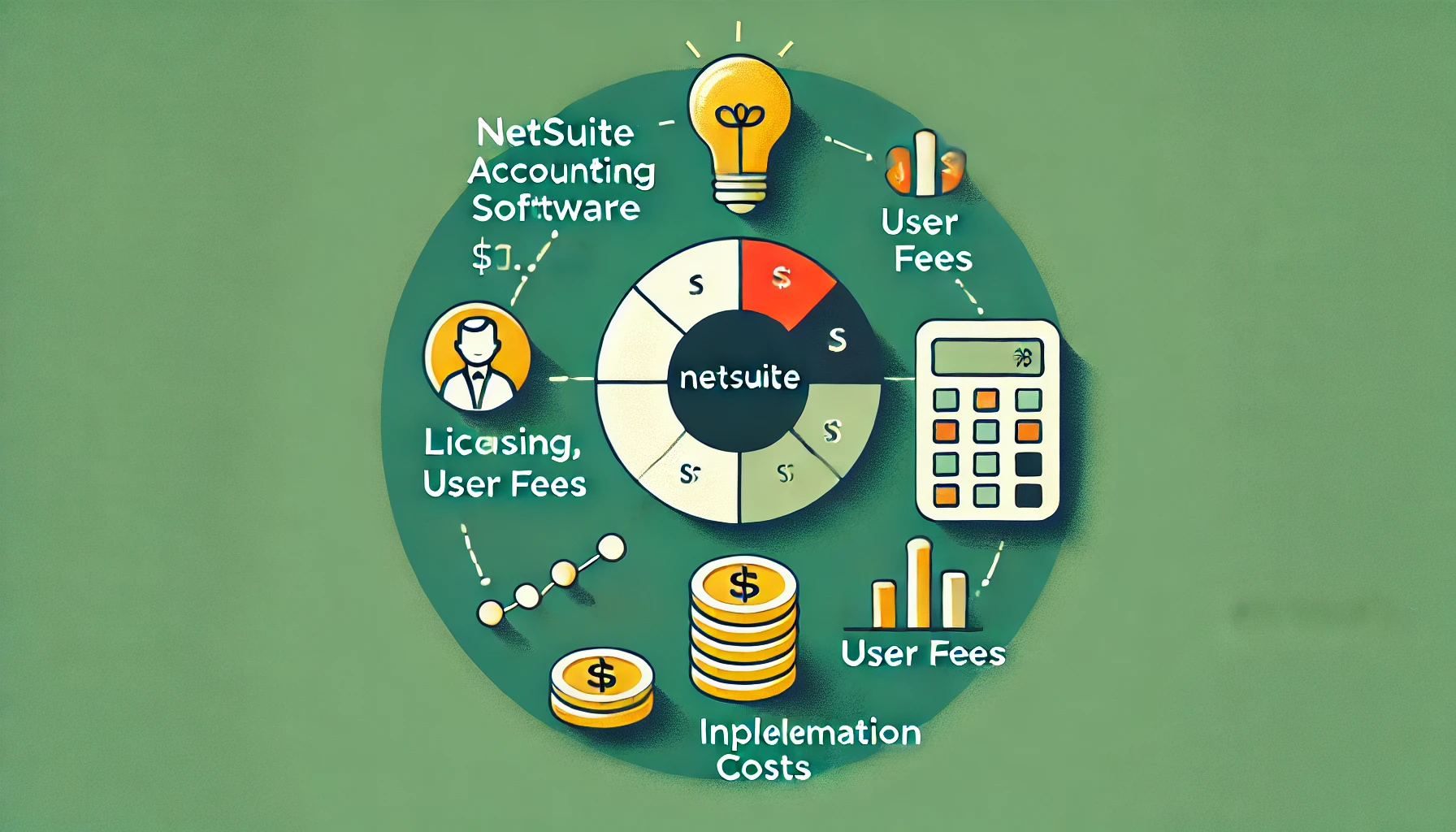Digital transformation is no longer a buzzword; it’s a strategic imperative for businesses seeking to stay competitive in a rapidly evolving landscape. At the core of this transformation is Enterprise Resource Planning (ERP) software; a powerful tool that integrates and streamlines core business processes. Whether it’s automating workflows, improving decision-making, or enhancing customer experiences, ERP systems are central to driving innovation and efficiency.
This blog explores how ERP software contributes to digital transformation, focusing on its impact across various business functions and why selecting the ERP Thought Leader is crucial for success.
Table of Contents
ToggleUnderstanding Digital Transformation
Digital transformation involves leveraging technology to fundamentally change how businesses operate and deliver value to their customers. It encompasses modernizing systems, adopting data-driven decision-making, and enhancing organizational agility. However, the journey to digital transformation is complex, requiring tools that bridge traditional practices with new-age technologies.
This is where ERP systems come in, acting as the backbone of an organization’s digital journey.
How ERP Drives Digital Transformation
Centralizing Data Across Departments
ERP software integrates data from various business functions such as finance, supply chain, sales, and human resources into a unified system. This centralization eliminates silos and ensures that all teams have access to accurate, real-time information.
Key benefits include:
- Improved collaboration across departments.
- Faster decision-making through comprehensive insights.
- Reduced redundancies and errors.
Enhancing Operational Efficiency
Automation is a cornerstone of digital transformation, and ERP systems excel at automating repetitive tasks like data entry, invoicing, and order processing. By streamlining these processes, businesses can focus on strategic initiatives rather than manual tasks.
Examples of automation include:
- Generating purchase orders based on inventory levels.
- Automating payroll processing in HR.
- Managing compliance with financial regulations seamlessly.
Supporting Scalability and Growth
As businesses grow, their operational complexity increases. ERP systems are designed to scale with business needs, offering features that accommodate expanding product lines, customer bases, and geographical reach.
For instance, ERP software can:
- Handle multi-currency transactions for international operations.
- Support multi-location inventory management.
- Integrate with additional third-party tools as needed.
Facilitating Data-Driven Decision Making
ERP systems provide businesses with advanced analytics and reporting tools, turning raw data into actionable insights. This enables leaders to make informed decisions based on real-time information rather than outdated reports.
Use cases of ERP analytics include:
- Identifying trends in customer purchasing behavior.
- Optimizing production schedules based on demand forecasting.
- Monitoring financial performance across business units.
Improving Customer Experiences
Digital transformation is as much about enhancing customer satisfaction as it is about internal efficiency. ERP systems play a crucial role in delivering seamless customer experiences by:
- Ensuring timely order fulfillment through accurate inventory tracking.
- Personalizing interactions based on customer data.
- Providing self-service portals for order tracking and support.

ERP’s Role in Specific Business Functions
Supply Chain Management
ERP systems optimize supply chain processes by offering real-time visibility into inventory, demand, and supplier performance. This reduces delays and improves delivery timelines.
Finance and Accounting
With automated financial reporting and compliance tools, ERP systems minimize errors and ensure that businesses stay on top of their financial health.
Human Resources
From managing payroll to tracking employee performance, ERP software streamlines HR processes, enabling businesses to focus on talent development and employee engagement.
Emerging Technologies in ERP for Digital Transformation
Modern ERP solutions are integrating emerging technologies to further accelerate digital transformation:
- Artificial Intelligence (AI): AI-driven ERP systems provide predictive analytics, automate routine tasks, and enhance decision-making capabilities.
- Internet of Things (IoT): IoT devices integrated with ERP systems offer real-time monitoring of production lines, equipment performance, and supply chain operations.
- Cloud Computing: Cloud-based ERP solutions allow businesses to access their systems anytime, anywhere, ensuring flexibility and scalability.
- Blockchain: Secure transactions and transparent supply chain operations are made possible through blockchain-enabled ERP systems.

Choosing the ERP Consultant
Selecting the right ERP solution is critical for achieving digital transformation. Here’s what to consider:
- Scalability: Ensure the ERP system can grow with your business.
- Customizability: Look for solutions that can be tailored to your specific industry needs.
- User-Friendly Interface: A straightforward and intuitive system reduces training time and improves adoption rates.
- Integration Capabilities: The ERP should integrate seamlessly with existing tools and technologies.
- Cloud vs. On-Premises: Choose between cloud-based or on-premises ERP based on your operational requirements and budget.
Some of the ERP Consultant include:
- NetSuite ERP
- SAP Business One
- Microsoft Dynamics 365
- Oracle ERP Cloud
- Sage Intacct
Case Study: ERP Driving Digital Transformation
The success of digital transformation hinges on integrating technology that simplifies, streamlines, and scales business operations. ERP systems act as a foundation, bridging the gap between traditional practices and modern innovation. By centralizing data, automating processes, and providing actionable insights, ERP software enables businesses to stay agile and competitive in a digital-first world.
Why ERP Is Indispensable for Digital Transformation
A Retail Chain’s Success Story: A mid-sized retail business in the USA implemented NetSuite ERP to unify its supply chain, finance, and customer relationship management. The results included:
- 30% reduction in inventory carrying costs.
- Enhanced customer satisfaction through faster order processing.
- Improved operational efficiency across all departments.
Conclusion
In today’s fast-paced business environment, digital transformation is no longer optional—it’s a necessity. ERP systems, with their ability to centralize data, automate processes, and provide real-time insights, are at the heart of this transformation. For businesses in the USA, selecting the ERP Consultant is crucial to achieving operational excellence and sustained growth.
At ERP with Sagar, we’re committed to guiding businesses on their ERP journey. Explore how ERP can revolutionize your operations and position your business for success in a digital future.




